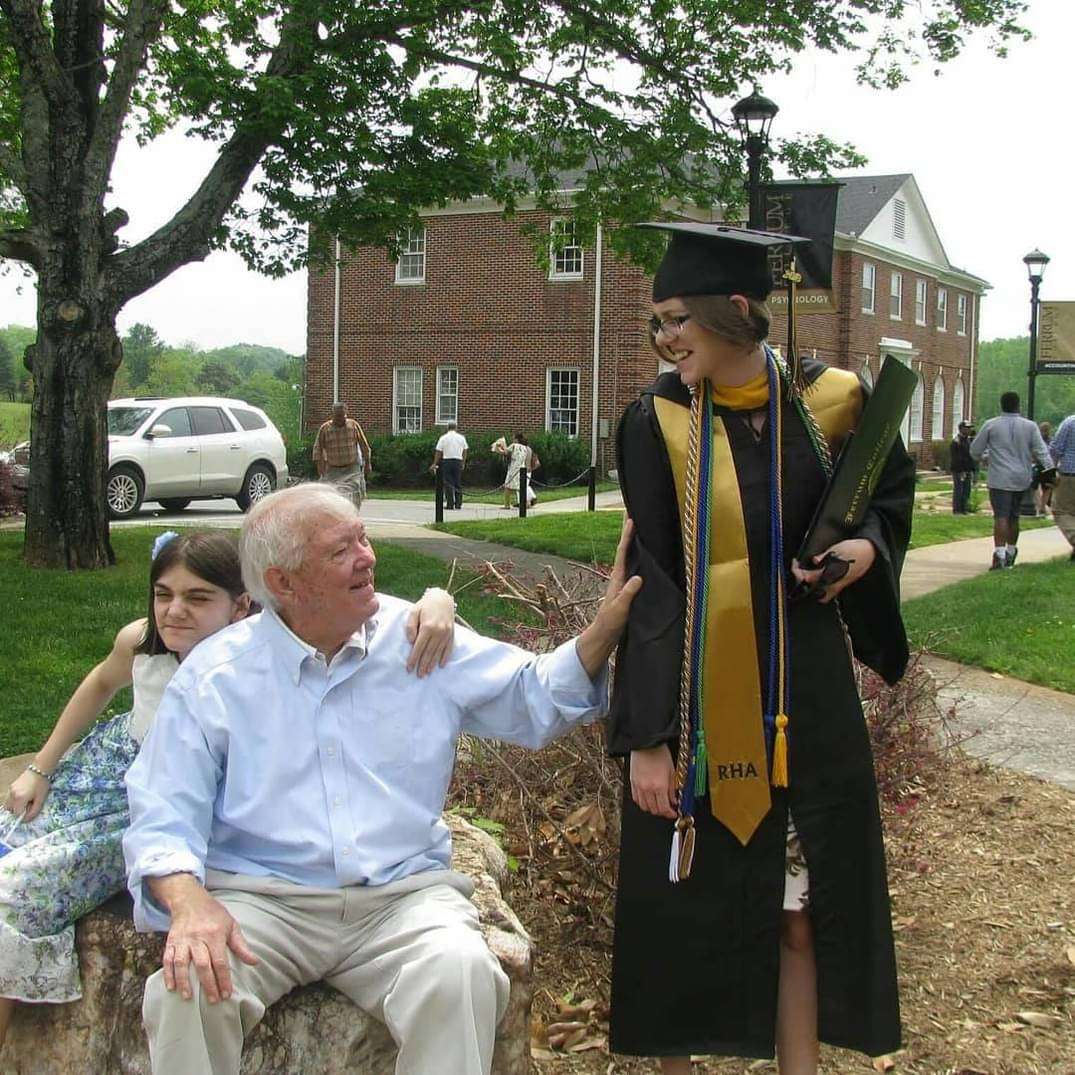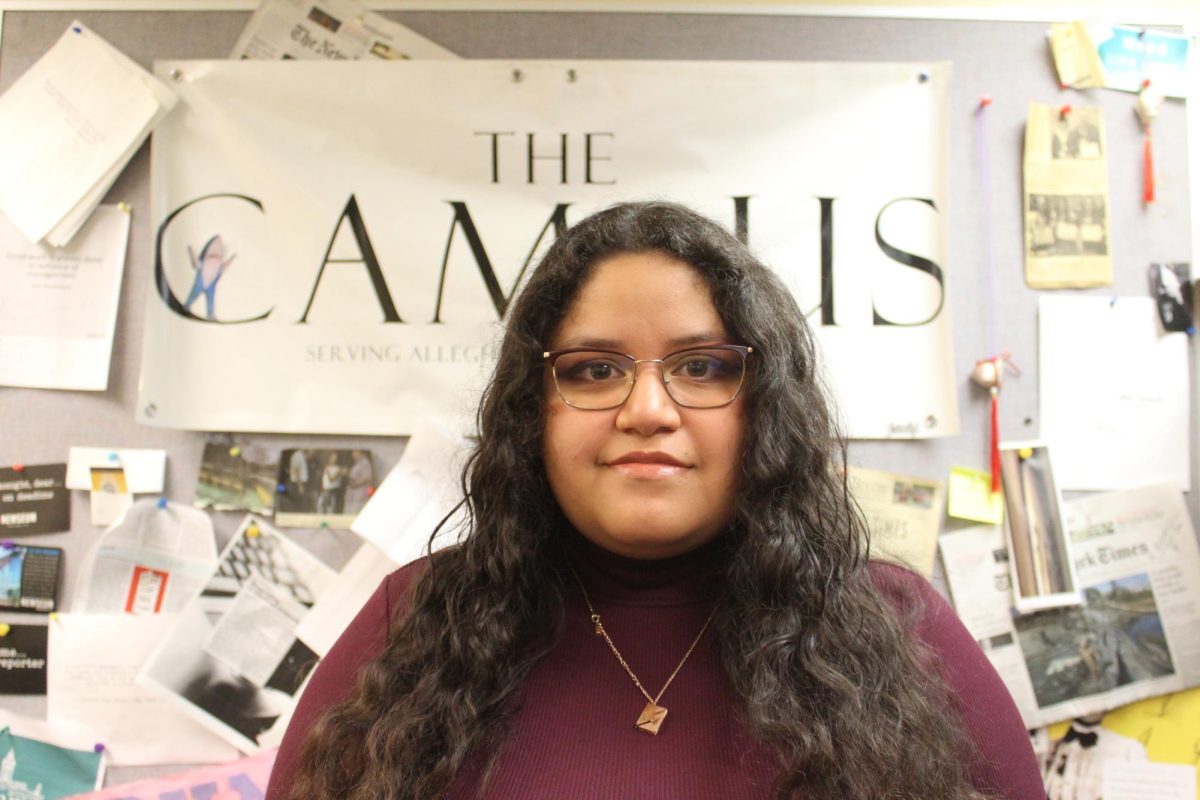The Gay Rights Movement is steadily succeeding with its primary agenda: to introduce same–sex marriage in all the United States.
This of course has caused alarm from conservative faith–based groups, who desire legislative protection for their faithfully justified definition of marriage –– one man, one woman.
Proponents of gay marriage expound that such behavior is a mitigation of what they claim is a Constitutional divide between church and state.
The criminally liable: both parties.
A Constitutional lesson will resolve the insularity of both of these juridical laymen. The words “separation,” “church” and “state” are in no way properly agglutinated in our Constitution to convey “separation of church and state.”
What is contained is the first sentence of the Bill of Rights: “Congress shall make no law respecting an establishment of religion…”
There is little wonder why our constitutionally Republican founders wished to prevent state intervention in religion. To command the observance of one sect is to narrow allowable interpretation of holy doctrines.
A greater mass of people necessarily having varying conceptions of propriety, mandated practice of limited axioms –– determined at the discretion of the privilege –– permits the protected authoritarians to silence disputers.
To restrain state force on social matters permits each sect to practice their respective dogmas while obviating coercion among them. Authority is only over those subscribing to it, no others.
Marriage is sensitive in America because of its ecclesiastical status.
The staunchly conservative Catholic Church, the liberal Episcopal Church and all in between have different beliefs about who should receive the blessed rite –– not right––of marriage. To sequester the definition of marriage from interested faith groups is not only to alienate their beliefs, but to force all, under penalizing threats, to adhere to those dogmas.
This effectively is the blending of church and state.
The faith groups must be allowed to practice the rite of marriage without unitary state placation of any one party, religious or secular.
This will protect the opinions of each; views will change only upon friendly consent of those concernedly contesting the issue.
There is a mild concern among the faithless who feel that such a situation would prevent them from marrying.
The solution: simply be together.
That’s the whole purpose of marriage anyway.
Joel Kurtzhalts is a member of the class of 2013. He can be reached at [email protected].






Samantha Stanko • Apr 25, 2010 at 5:47 pm
If you believe in marriage as a sacrament between and woman and a man, that’s your prerogative.
I disagree but am intrigued by your following statement: “Through interaction with their sexually opposite parents children learn the different sexes cooperate and complete each other in human society. The family unit is thus the first lesson in human tolerance.”
Clearly, you’ve taken a biological view of gender difference, whereas I believe in social constructionist theories of gender (that it’s taught and learned rather than inherent). I’m troubled by your view that learning gender is the first lesson in “human tolerance”–people who defy their gender role stereotypes literally get the shit beat out of them because of how children are conditioned to fear those who deviate from the norm.
And what of intersex children? If they don’t fit within the gender binary, or if their genitalia was surgically altered at birth but she/he/zi felt it was the wrong gender, would they be allotted the same marriage rights as people with “normal” sex organs and gender behavior?
Joel Kurtzhalts • Apr 23, 2010 at 12:01 am
I would like to apologize for publishing this article. I realize how fatuous my statements were and wish I could change it. Here is my new opinion.
Marriage is not simply a faith institution. It is the essential and only natural method of rearing new generations of progeny, ensuring the survival of the human race. Biologically, man and woman perfectly complement each other. This complementarity also serves to raise children in an environment in which the natures of both men and women can be understood. It serves as an example to how effectively the two sexes can cooperate and how equal the dignities afforded to them must be. This has been the state of nature since our beginning as a race. Men and women have united indefinitely together to both love each other and nurture successive generations.
Governments are right to institutionalize this definition of marriage because, in this manner, they educate the populations about the meaning of biology, romance, and the ultimate end of each human’s corporeal life. That is, to elevate the lives of the next generation so they may be actualized in their personal goals, and also to aid in the comprehension of the unity of the two different sexes despite various differences.
Homosexuals certainly have the right to form relationships together. Without a doubt they are entitled to some of the rights given to married couples, most especially the hospital visitation right, which Barack Obama (with whom I vehemently disagree) rightfully mandated that hospitals grant them. However, some of the rights, such as certain tax breaks, are specifically granted to acknowledge the economic burden on families so married couples are better able to furnish the needs of the rising generations. Homosexuals who are granted the privilege to adopt should receive the kickbacks also, but given that all children are born from and a majority are raised under heterosexual parentage, these benefits are well-allocated.
We’ve come finally to the family position of marriage. Homosexuals obviously are capable of loving each other, but they are not the natural and prime family unit. It is only when males unite conjugally with females that the family, parents and their seeds, is formed. This biological unit is the only perfect familial structure because, as I stated before, it is the only unit in which children, from birth, learn the value of both sexes. Through interaction with their sexually opposite parents children learn the different sexes cooperate and complete each other in human society. The family unit is thus the first lesson in human tolerance.
Homosexuals are great people in their own right. I should know; I grew up next to a gay couple all of my life. But they cannot be what I just described. Sure, they ought to be able to receive cosmetic benefits like the one recently permitted to them. They can live and love each other as much as they want. But marriage is not just living and loving; it includes growing, nurturing and educating, at the moment of birth, those who will replace us when we all depart this life. This is a component of human nature that deserves our respect and reverence. Is It discriminatory? Yes, but that’s because it is nature, and nature definitely discriminates. Homosexuals may have relationships. But the way in which we defined marriage for all of our existence must remain preserved for the security of the human race.
Nikki M • Apr 21, 2010 at 11:17 pm
There are precisely 1,138 rights that spouses receive upon entering into marriage, granted by the federal government. Couples who are legally not allowed to marry (ie identify as queer) will never receive these rights. Couples who choose to co-habitat will never receive these rights, even if they are straight. Just living together will not settle this debate, so long as the federal government gives rights to those who are married. What’s more, there is a general discrimination against people who are not married. Being married in this country is a sign of “maturity,” showing that the person has left the world of carelessness behind, and is now ready to “settle down” and be responsible. Apparently queer folk never do that. And are thus doubly discriminated against.
I leave you with this:
http://www.time.com/time/magazine/article/0,9171,993523,00.html
John • Apr 8, 2010 at 8:42 pm
Thia article totally ignores the main reason that this is an issue – the secular benefits of marriage. Being married allows the couples to do a huge array of important things ranging from medical visits to jointly filing taxes to being able to arrange a spouse’s funeral. Churches already have the ability perform “uniting ceremonies” to whomever and however they choose, albeit ones with no legal meaning.
The first amendment quote above also means that churches should not have direct legal power, so I would argue that rather than giving the legal power of marriage to the churches we should give that power to the secular government. Then, as you suggest, churches can do whatever they individually want. Only this way everyone can receive the benefits they deserve while the constitution is preserved.